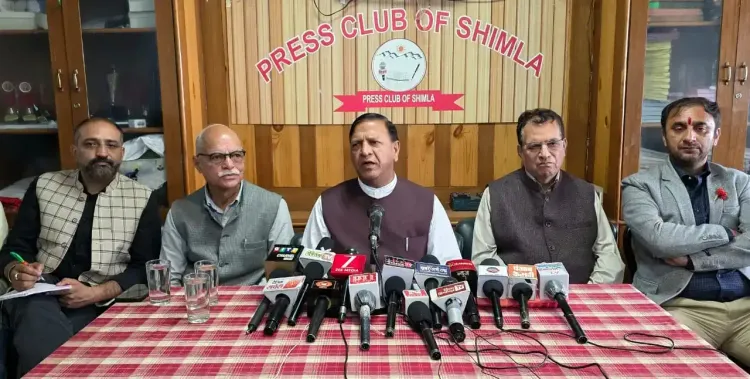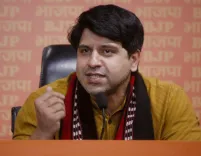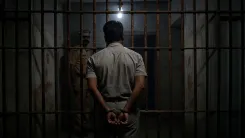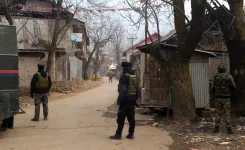Is Himachal's policy to hire trainees just a trap for unemployed youth?

Synopsis
Key Takeaways
- BJP criticizes trainee employment policy
- Claims it deceives unemployed youth
- Concerns about job security and transparency
- Government aims to promote accountability
- Policy requires passing exams for regular employment
Shimla, July 20 (NationPress) Criticizing the state government's initiative to hire trainees at a fixed salary for Group A, B, and C positions, Himachal Pradesh BJP President Rajeev Bindal asserted that this is merely a new scheme to deceive the unemployed youth.
Bindal referenced a video featuring Congress leader Priyanka Gandhi, stating that the Congress party has ensnared the youth in a ploy to secure power. “During the Assembly elections, Congress leaders including Rajiv Shukla, Bhupesh Baghel, Sukhwinder Sukhu, and Mukesh Agnihotri promised that 63,000 positions were vacant and that upon taking office, they would create 37,000 new roles in their first Cabinet meeting,” the BJP state leader remarked.
Bindal pointed out that the Congress government has only provided jobs to their associates. “Numerous youth prepare for examinations, yet these tests often get canceled or their results remain pending. This is the same administration that shut down job-providing institutions and, with a single decree, eliminated 1.50 lakh positions in Himachal Pradesh, thereby ending many employment prospects. No outsourcing policy was established, nor were any pathways to job creation initiated,” he emphasized.
He further stated that this government employs “new terminology to mislead the youth. Under the current job training policy, candidates must first take an exam to gain employment and will again have to undergo an evaluation after two years.” “The process for contract appointments has been dismantled. These employees will not receive benefits from Him Care and Ayushman Bharat, nor will their medical expenses be covered. Moreover, the authority responsible for appointing these employees remains ambiguous. The state government lacks a viable strategy to execute this policy, making it a cruel jest directed at the youth,” the BJP President concluded.
According to last week’s government announcement regarding new recruitment, candidates will initially be engaged as ‘job trainees’ for a duration of two years. During this phase, they will receive a fixed compensation rather than a standard salary and will only be considered for regular employment after passing a qualifying examination or efficiency assessment.
The government claims that the aim of this new policy is to foster transparency and competition within state jobs. It is anticipated that the scheme will enhance accountability, motivation, and a professional mindset among the youth.







